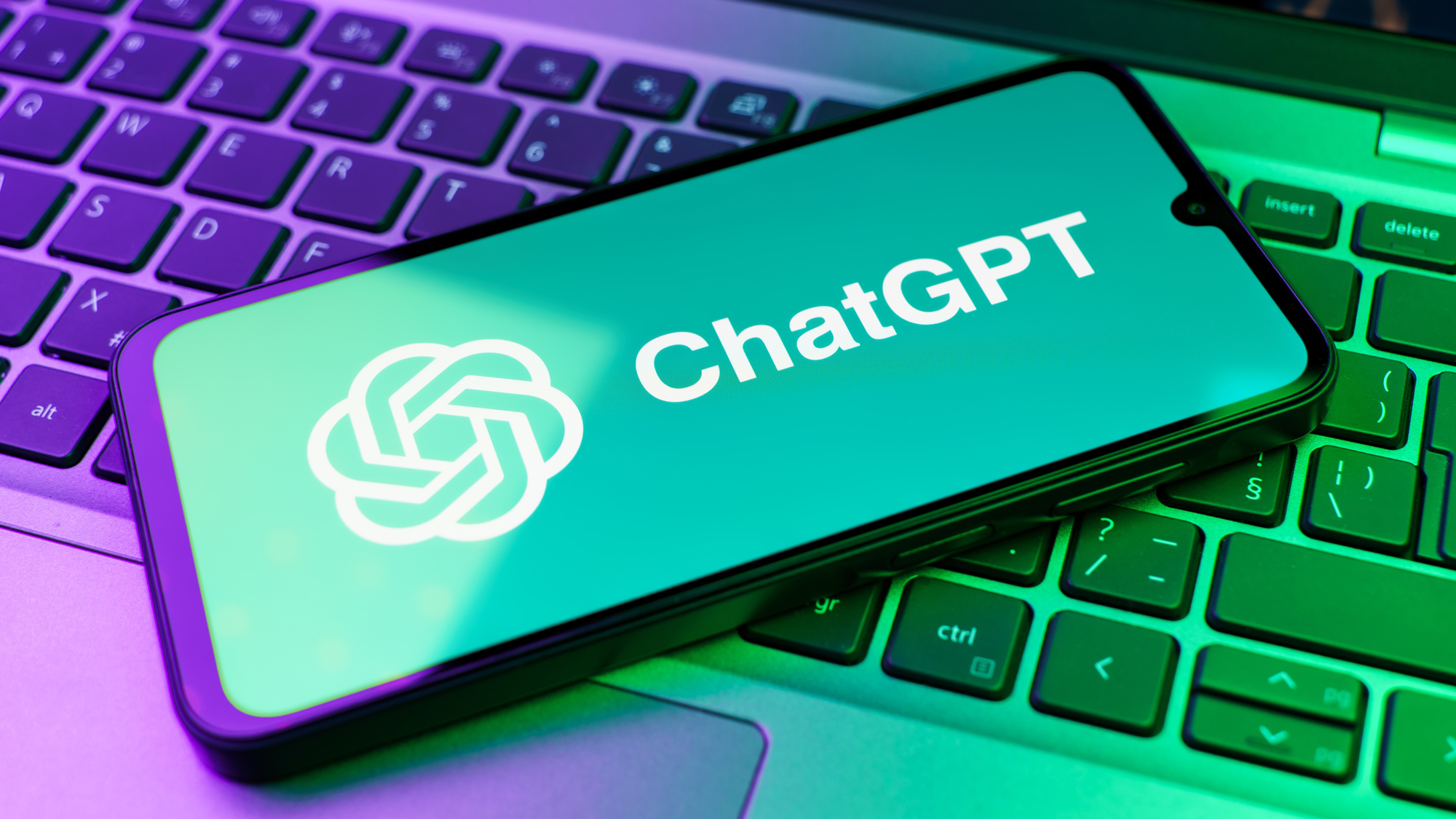OpenAI just can’t seem to get it right when it comes to ChatGPT’s personality. Since the launch of GPT-4, the model has been made friendlier, then meaner, then way too friendly, and now, it is sat somewhere in the middle. However, Sam Altman, the CEO of OpenAI, is announcing another big change, and this could be its most dramatic personality change yet.
“We made ChatGPT pretty restrictive to make sure we were being careful with mental health issues. We realize this made it less useful/enjoyable to many users who had no mental health problems, but given the seriousness of the issue, we wanted to get this right,” Altman posted on X.
“Now that we have been able to mitigate the serious mental health issues and have new tools, we are going to be able to safely relax the restrictions in most cases.”
We made ChatGPT pretty restrictive to make sure we were being careful with mental health issues. We realize this made it less useful/enjoyable to many users who had no mental health problems, but given the seriousness of the issue we wanted to get this right.Now that we have…October 14, 2025
These restrictions that were in place were there with good reason. OpenAI has faced criticism over the past year for how ChatGPT could be dismissive of mental health problems, falling short in recognizing signs of delusion.
After this happened, OpenAI added mental health guardrails. This included prompting users to take a break during long conversations and shying away from giving direct advice on more complicated personal issues.
“In a few weeks, we plan to put out a new version of ChatGPT that allows people to have a personality that behaves more like what people liked about 4o (we hope it will be better!),” Altman went on to say in the X post.
“If you want your ChatGPT to respond in a very human-like way, or use a ton of emoji, or act like a friend, ChatGPT should do it (but only if you want it, not because we are usage-maxxing).”
These features are already available to an extent within ChatGPT. Users can change the model’s tone, requesting it to be sassier or talk in a certain way. However, for the most part, ChatGPT is still much more held back than it has been in the past.
Altman alludes to the fact that steps have been taken to limit the issues seen before. These safeguarding rules would likely reduce ChatGPT’s input on sensitive topics or cause it to take a step back when a mental health concern starts to form.
Age-gating

Along with relaxing the restrictions on ChatGPT, Altman also announced a new feature that will be coming to ChatGPT in December.
As we roll out age-gating more fully and as part of our ‘treat adult users like adults’ principle, we will allow even more erotica for verified adults.
Sam Altman
“As we roll out age-gating more fully and as part of our ‘treat adult users like adults’ principle, we will allow even more erotica for verified adults”.
OpenAI has found success recently with its Sora 2 model, where, by actively allowing users to create images of celebrities or in the style of famous artworks, has seen success over its competitors.
By allowing adult content on ChatGPT, the OpenAI team is likely to stand out against the likes of Claude or Gemini, which are far more restrictive on these kinds of features.
However, it also brings risk for ChatGPT. It is a gamble; it will likely increase both its popularity and controversy as a brand.
Follow Tom’s Guide on Google News and add us as a preferred source to get our up-to-date news, analysis, and reviews in your feeds. Make sure to click the Follow button!
More from Tom’s Guide
Back to Laptops